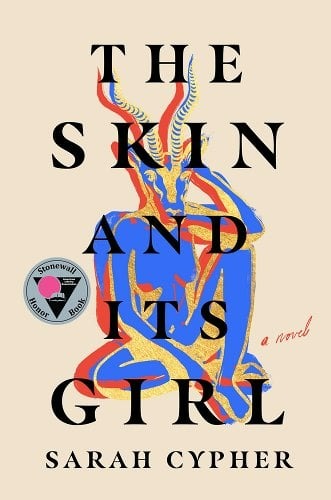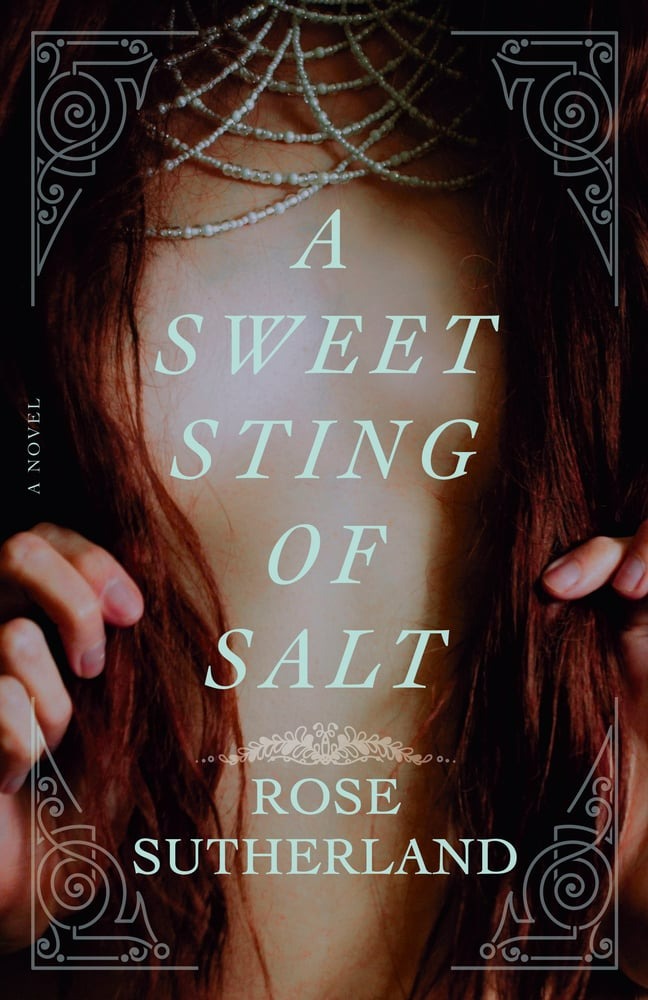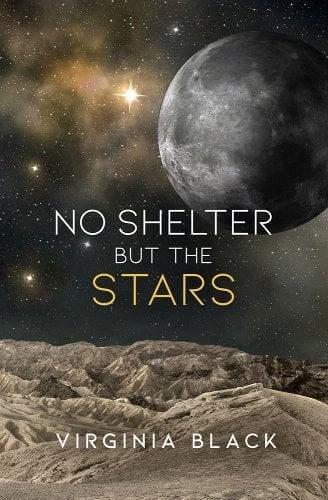Far from the Rummani’s ancestral home of Palestine, Betty Rummani is born a striking, permanent shade of cobalt blue. That same day, the Rummanis’ centuries-old soap factory is destroyed in an air strike in Nablus. The family matriarch and keeper of all Rummani lore, Aunt Nuha, believes that the blue girl embodies their sacred history,Read More
A Sapphic Nova Scotia Gothic: A Sweet Sting of Salt by Rose Sutherland
Buy this from Bookshop.org to support local bookstores and the Lesbrary! I couldn’t tell you why, but I am obsessed with sapphic selkie stories. There are very few of them out there, but I leap on the chance to read any that I stumble upon. Don’t get me wrong: I like sapphic mermaids, too, butRead More
An Enemies-to-Lovers Space Opera for the Ages: No Shelter But The Stars by Virginia Black
Buy this from Bookshop.org to support local bookstores and the Lesbrary! No Shelter But The Stars by Virginia Black was published on January 23, 2024 and follows Kyran Loyal, the last in her line of family royals for a planet that has been lost to her people for years, and Davia Sifane, a woman fromRead More


